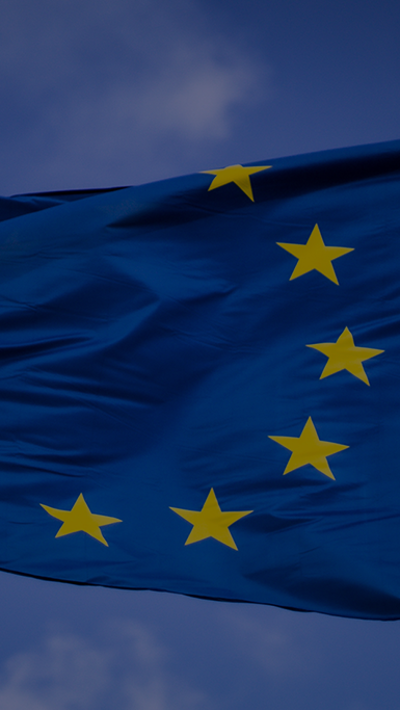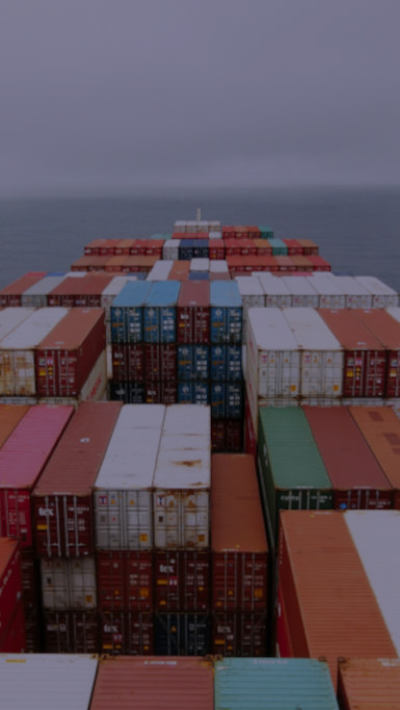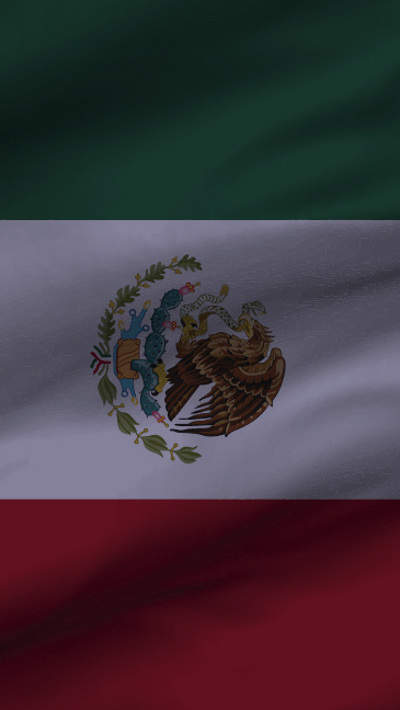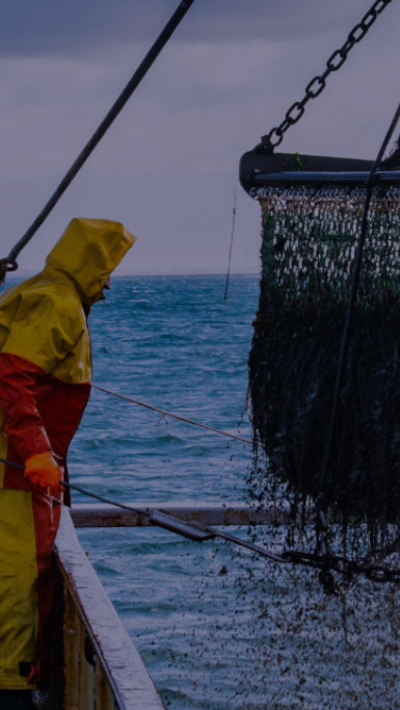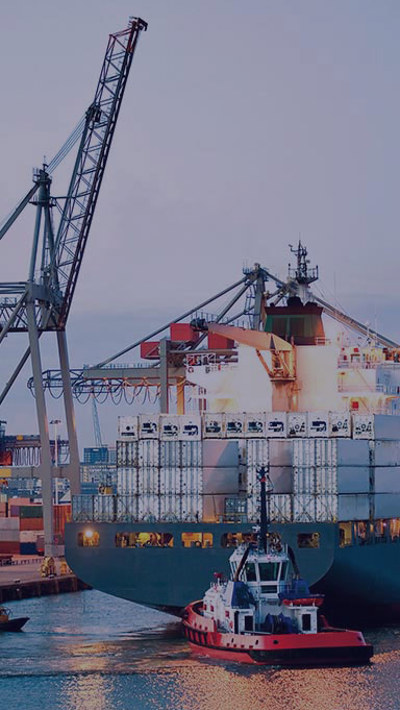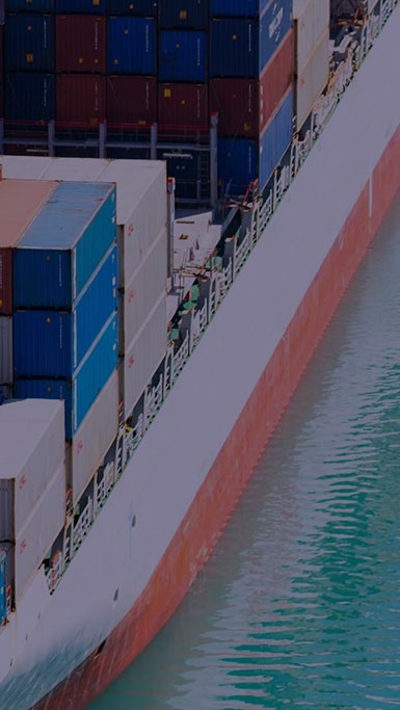Contents
The legislative response to modern slavery and worker exploitation being offered by the Ministry of Business, Innovation and Employment (MBIE) and announced on 8 April is largely based on the Australian and UK models.
But the proposed regime would go further in several important respects:
- it would apply to all organisations irrespective of size, including SMEs
- it would require all organisations to take reasonable and proportionate action if they become aware of modern slavery in their domestic and global supply chains, and
- it would create a due diligence obligation for all organisations to prevent, mitigate and remedy modern slavery and worker exploitation risks arising within their direct control (including across all subsidiaries), and an enhanced due diligence obligation for large reporting entities (over $50m annual revenue) regarding their domestic and global supply chains.
Submissions on the discussion document are due by 7 June. We look at the detail of what is proposed.
Background
Momentum has been building for the regulation of modern slavery in New Zealand, with the Petitions Select Committee recommending in February 2022 that legislation be adopted. A Leadership Advisory Group led by Rob Fyfe has inputted on the detailed recommendations now issued by MBIE that would introduce new compliance and substantive obligations for all business.
Scope
Modern slavery includes situations of forced labour, debt bondage, forced marriage, slavery, and human trafficking and would apply to an entity’s international and domestic operations and supply chains. Modern slavery is distinguished from worker exploitation, which covers “non-minor” breaches of New Zealand employment standards.
Responsibilities would be graduated according to annual revenue:
- Small – below $20m a year (up to approximately 495,500 entities).
- Medium – $20m to $50m (approx. 2,200 entities).
- Large – above $50m (approx. 1,450 entities).
The legislation, as currently proposed, would capture companies, sole traders, partnerships, state sector organisations, local government, charities, trusts, and incorporated societies.
Proposed responsibilities
Some New Zealand businesses already report under existing UK and Australian modern slavery reporting legislation. Both require the publication of an annual Modern Slavery Statement detailing the entities’ identification and management of modern slavery risk in its operations and supply chains. But both are limited to businesses over a specified revenue threshold, while the New Zealand proposal applies to all businesses. In addition, neither require mandatory due diligence, which the New Zealand proposal does require.
Graduated responsibilities would apply as below:
| Responsibility | Application |
| To take reasonable and proportionate action if the entity becomes aware of modern slavery in its operations and supply chains at home or abroad or worker exploitation in its NZ operations. | All entities |
| To undertake due diligence to prevent, mitigate and remedy modern slavery and worker exploitation by NZ entities where they are the parent or holding company or have significant contractual control. | All entities |
| To disclose the steps the entity is taking to address modern slavery in its operations and supply chains at home and abroad and also worker exploitation in its NZ operations. There would be mandatory reporting criteria. Disclosure would be through a public statement as per the Australian/UK model. | Entities with annual revenues above $20m |
| To undertake due diligence to prevent, mitigate and remedy modern slavery in its international operations and supply chains and also worker exploitation in its NZ operations and supply chains. | Entities with annual revenues above $50m |
Where an entity becomes aware of modern slavery at home or abroad, the proposed regime would be under a new requirement to take some action as a result, thus stopping businesses from turning a blind eye to serious supply chain concerns. Taking action might include reporting a case to the appropriate authority, working with the supplier to redress the harm, or changing suppliers.
What is “reasonable and proportionate” action will depend on a wide range of factors, including the entity’s size and resources, the nature of the control and influence the entity has over the supplier, good practice in the entity’s sector, and the degree and type of harm that could result if no action was taken.
Measures taken might include:
- regularly surveying suppliers to assess competence with protecting human rights and employment standards
- commissioning third party audits
- establishing reporting mechanisms for affected employees – e.g., a hotline or whistleblowing channel
- pre-approval assessments of potential suppliers, and
- educating suppliers and workers about relevant rights and obligations in an accessible language.
Similar to the Australian requirements, the annual modern slavery disclosure statement would require disclosure of:
- an explanation of the entity’s operations and supply chains
- the risks of modern slavery identified within the entity’s operations and supply chains
- the actions being taken to address those risks
- how those measures are being monitored and evaluated for effectiveness, and
- the process of consultation undertaken with any of the entity’s subsidiaries.
The separate inclusion of a due diligence obligation is a step further than Australia or the UK as it would require regulated entities to take particular action. One of the most challenging aspects of the new regime as proposed would be for businesses to undertake mandatory due diligence on their overseas supply chains. Due diligence obligations have been implemented in France, Germany and Norway and are under consideration in the EU but are not expressly mandated in the UK or Australia. The proposed inclusion of a requirement on organisations to “remedy” any instances of modern slavery is likely to be particularly challenging in the context of global supply chains.
Enforcement
The proposed enforcement regime would include a range of tools – e.g., infringements, improvement notices, enforceable undertakings, and the publication of good and bad practice.
Penalties are yet to be determined but would likely be in line with those under the Financial Markets Conduct Act, the Health and Safety at Work Act and the Anti-Money Laundering and Countering the Financing of Terrorism Act – i.e., between $600,000 and $5m for body corporates.
Criminal sanctions are not being considered. MBIE is seeking feedback on whether remediation should be required, particularly for large entities where there is “a clear link between their actions and the harm”.
Our comment
Chapman Tripp advises clients which are already required to report via the UK and/or Australian modern slavery legislation. These businesses are required to disclose their modern slavery risk assessment and actions that they have identified and taken in response.
The present proposal would take these expectations further, including by requiring specific action in response to an incident of modern slavery, and in requiring mandatory due diligence. It will be important for all businesses to consider the practical application of the proposed regime, as part of a broader trend towards recognition of ESG (environmental, social and governance) matters in New Zealand.
Large entities that will be subject to the proposed additional due diligence requirements in particular are encouraged to consider an industry or individual submission before the 7 June deadline.
Read our previous commentary:
Pressure builds for modern slavery legislation – 28 February 2022
Modern slavery rising risk for NZ business – 18 October 2021
“Modern Slavery” Statements – new disclosure requirement in Australia – 14 July 2020



































